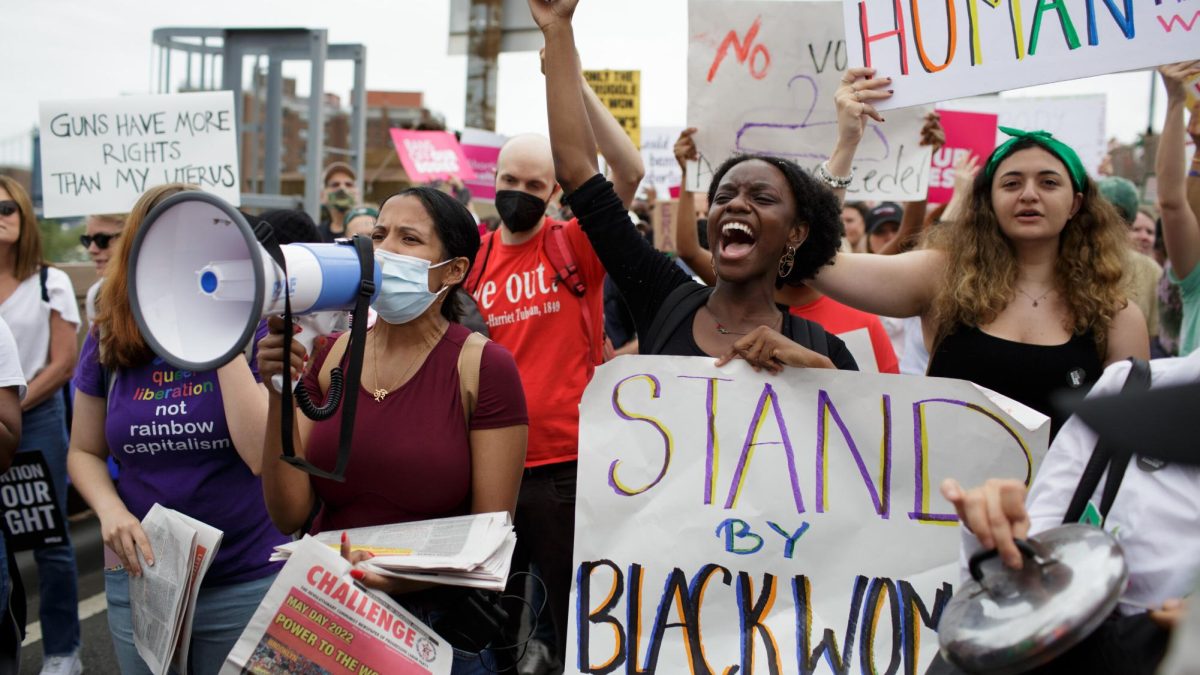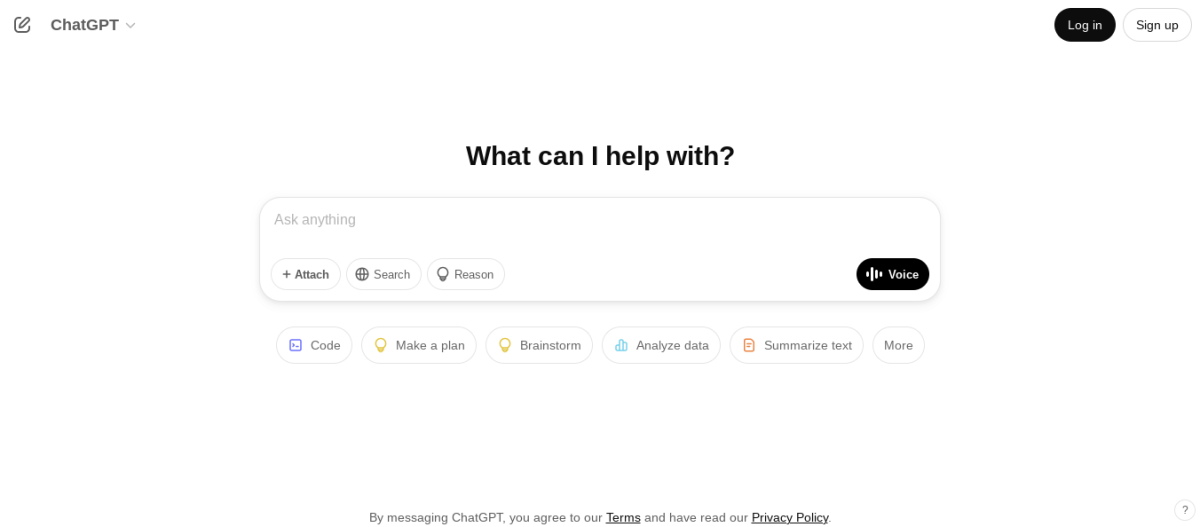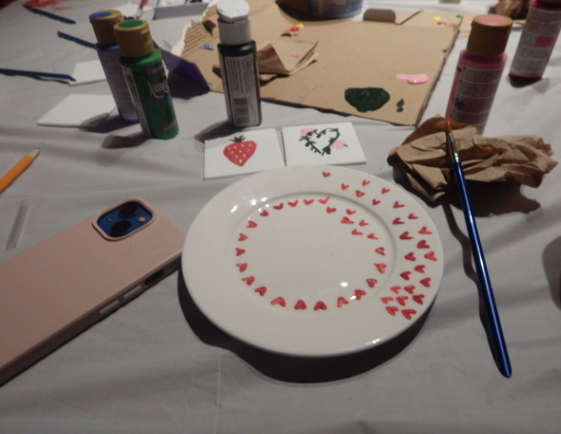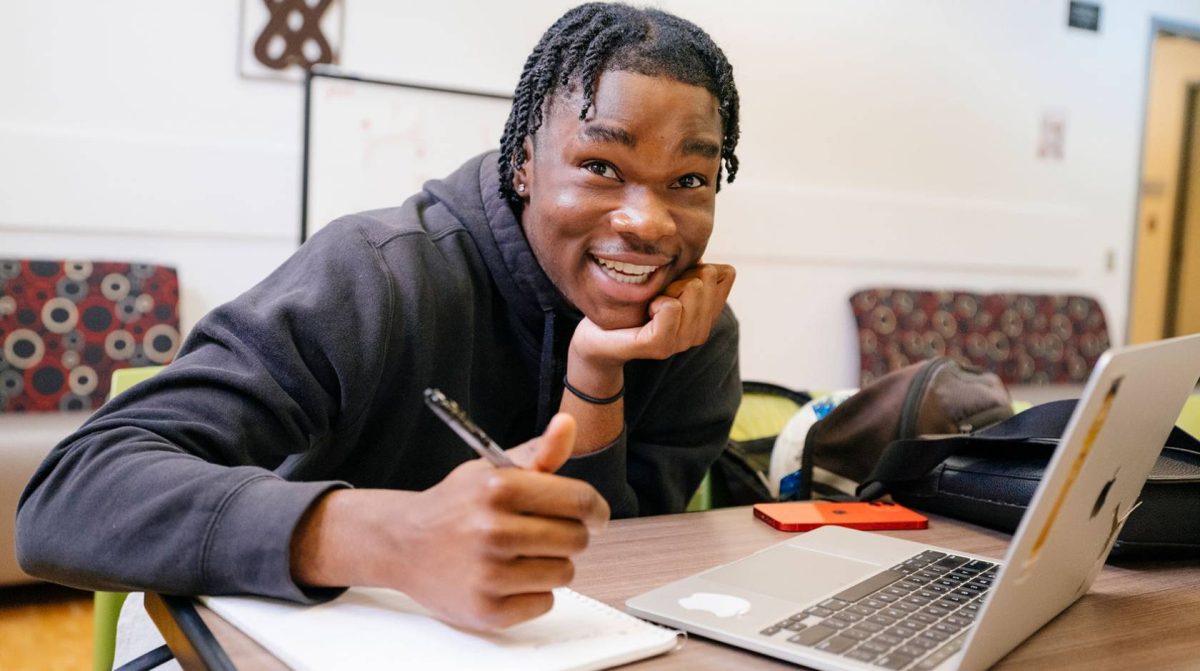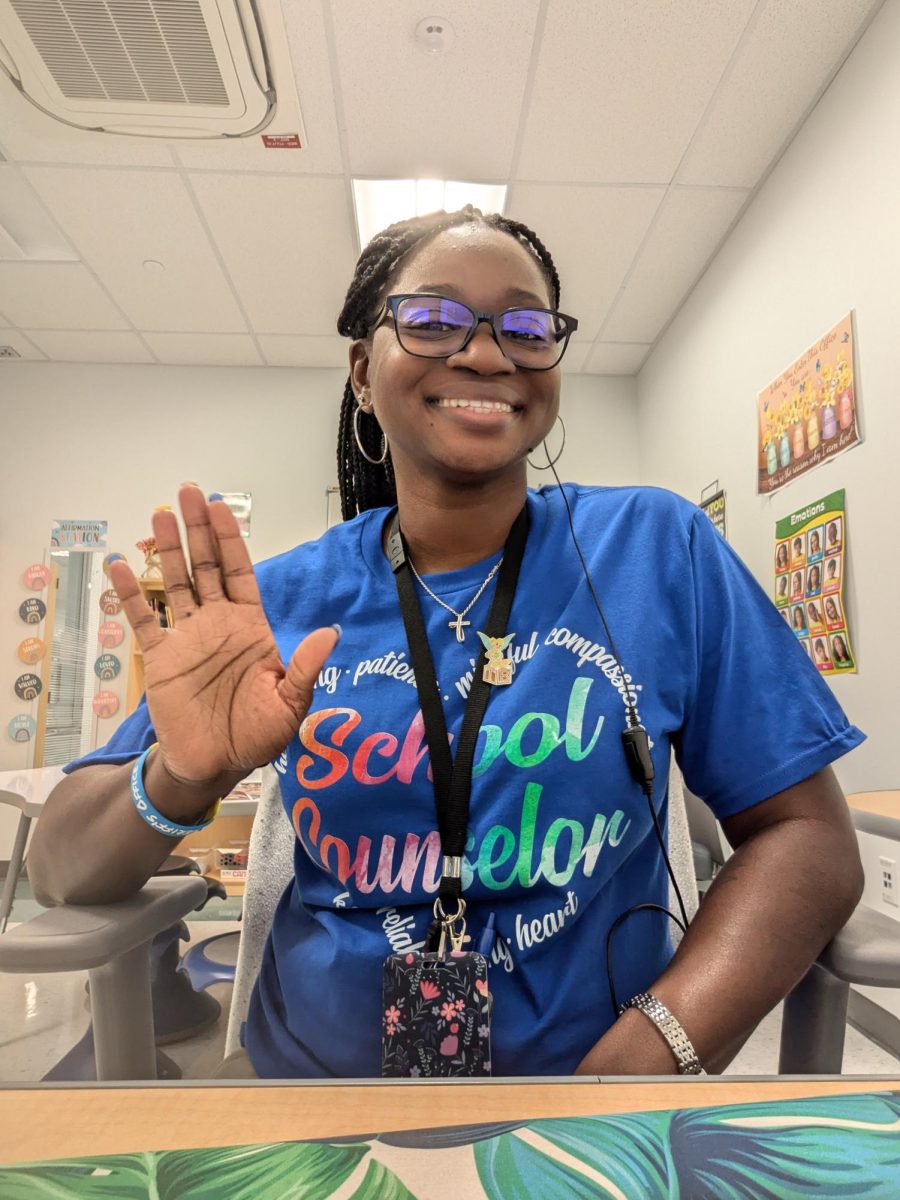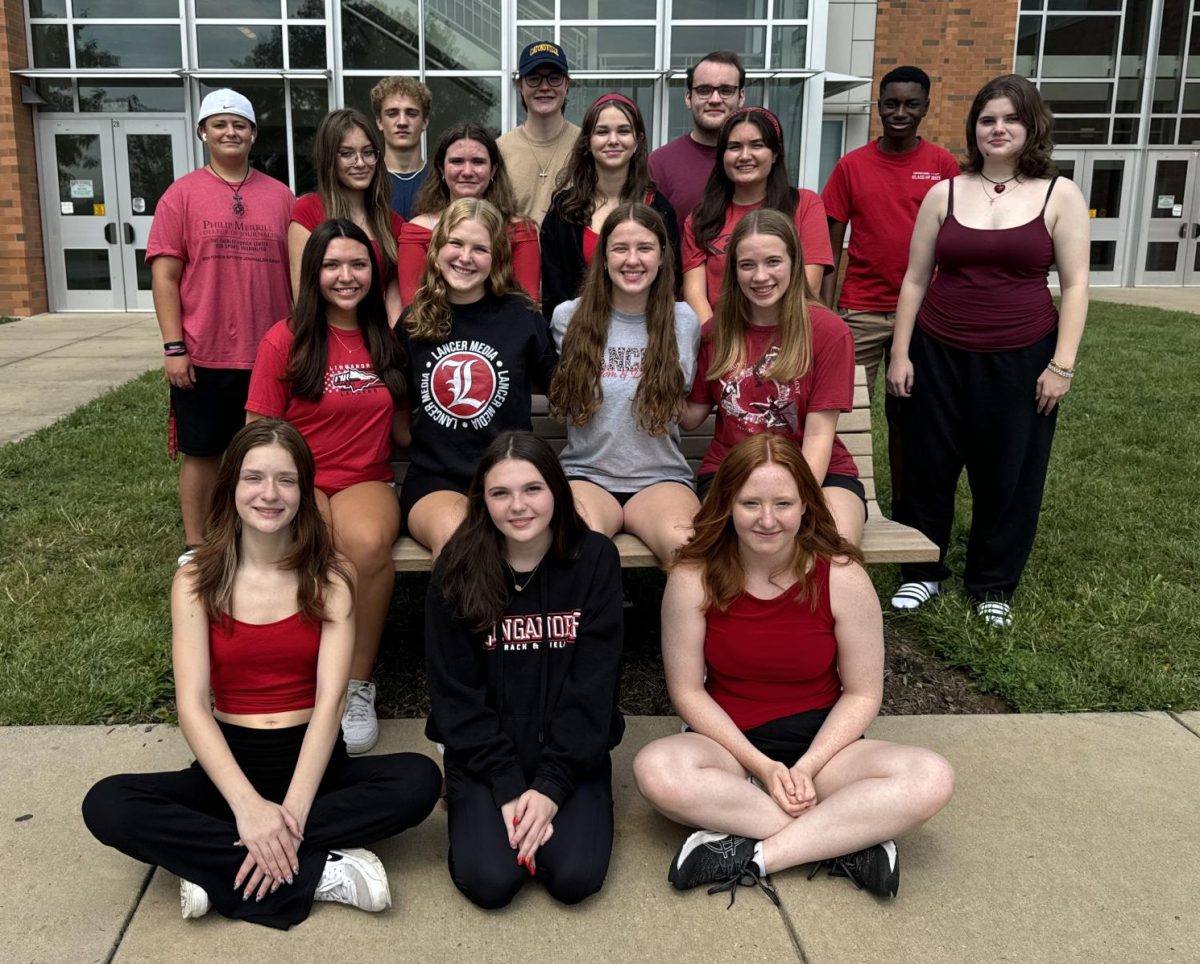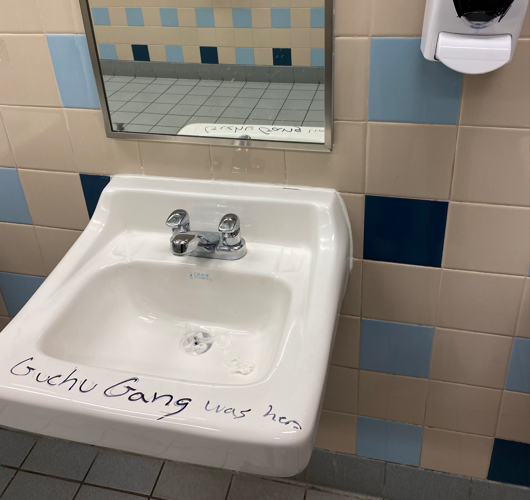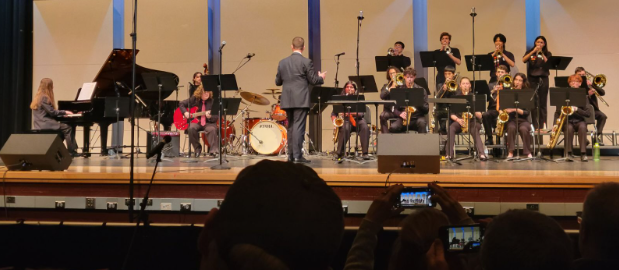The month of March is used to remind everyone what women have contributed to American society as well as their achievements throughout history.
Women’s History Month did not begin as a full month celebration. It began as a local, week-long celebration in Santa Rosa, California. According to the National Women’s History Museum, the National Women’s History Project led a consortium of women’s groups and historians to successfully advocate for national recognition.
March 8 later became International Women’s Day, and this further resulted in the week of March 8 being designated as National Women’s week. It was not until 1987 that Congress passed Public Law 100-9 identifying March as Women’s History Month.
This month of recognition focuses on contributions of women, a marginalized group across the world, who often face discrimination and a lack of recognition for their contributions and the ways in which they help develop the country.
Although some may wonder if this month-long celebration is still necessary, ongoing struggles for women today provide a context for why we continue to celebrate March as Women’s History Month.
Teachers at Linganore High School (LHS) shared their own opinions about women’s rights and the issues that come with it. When Women’s History Month begins, teachers continue to have access to numerous resources that provide their students with as much information about this topic as possible.
Retired Linganore English and journalism teacher Natalie Rebetsky takes the initiative to teach young women about the countless opportunities that the world is holding for them and encourages perseverance.
Rebetsky sees Women’s History Month as a time to focus specifically on how far we have come as a society and the now well-known women who broke barriers that once held women back. These glass ceiling-breaking women took tremendous strides to risk their health and reputations to aid women across America.
Rebetsky often takes time to reflect on how brave these women must have been to risk so much for everyone else’s benefit. She does not see herself as one to frequently take risks, so reading and teaching about these women makes it even more important to her to ensure the efforts of women throughout history are recognized.
While this month is used to reflect on the many accomplishments of women, it is also important to grasp the amount of work that still needs to be done to achieve equality for women.
“Women’s History Month is really a time to look at how far we’ve come but also how far we have to go,” Rebetsky said.
One of the countless issues women face on a daily basis is the gender pay gap. According to Forbes Advisor, the controlled pay gap is measured by men and women fulfilling the same job with the same qualifications and experience. Given these parameters, women today still earn only 84 cents for every dollar made by a man; on average, women earn 16 % less than men.
Rebetsky believes that men and women should be paid fairly in any situation, although she has not personally experienced this inequity in her career, as Frederick County Public Schools (FCPS) have made great efforts to ensure men and women receive similar pay.
For instance, teaching salaries depend on various factors, including education and the amount of time spent within the profession. Whether consciously or unconsciously, gender is not weighed as a contributing factor, as it is in some fields.
Rebetsky believes that conversations around gender pay discrimination are still important to have.
“One of the things I really admire is when a couple, whatever that couple is, can talk about their pay differences and can also recognize that being paid is a part of who you are and not what you are,” Rebetsky said. “So, your value is far greater than what you are paid,”
Alongside the gender pay gap, sexism in the workplace is still present in the U.S. According to Randstad, sexist behavior is often based on aged stereotypes that are related to gender roles in society. An example of these behaviors could be inappropriate humor or so-called jokes, which are commonly used to sexualize or make female workers feel uncomfortable.
Belittlement of women based on gender and perceived stereotypes is an additional sexist behavior that is repeatedly seen in the workplace. This is often used to devalue women’s skills by making them feel inferior to others.
Another expansive controversy concerning women centers around the debate on abortion. According to the Center of Reproductive Rights, abortion is essential health care for women and girls’ human rights, and abortions in the U.S. happen whether they are considered legal or not.
The Center of Reproductive Rights is a global human rights organization that advocates for the protection of reproductive rights. The organization has many lawyers and advocates working under their umbrella. They have overcome adversity to transform how reproductive rights are viewed by courts and governments.
The Center of Reproductive Rights reported that restrictive abortion laws have done nothing but increase the rates of unsafe abortions throughout the country. This has also caused delayed access to essential and time-sensitive care. According to the organization, restrictive health-care laws are a direct violation to the right of privacy and non-discrimination and equality.
Although the World Health Organization (WHO) considers abortion safe if completed by a skilled professional using a WHO-approved method, statistically, around 45 % of all abortions are completed in an unsafe manner, 97% of which take place in developing countries. This can lead to numerous health complications, including incomplete abortion, hemorrhage, infections, uterine perforation and damage to internal organs.
Linganore English teacher Alexis Anzmann said she recognizes there may be limitations to how far along a pregnancy can be to when an abortion should be used as a healthcare option; otherwise, she believes that it is always a woman’s right to choose what she does with her body.
While working through these issues as women, Rebetsky thinks it is especially important to establish authentic female relationships. These relationships help women build each other up and encourage each other to stand up to negative stereotypes perpetrated by men and others.
Anzmann sees Women’s History Month as a way to acknowledge what women have done in the past, as well as the rights women have seen restricted which they are still fighting for today. She believes that these issues need to be discussed because women likd her are wondering if their daughters are going to live in a world in which they have fewer rights than they did.
According to Anzmann, women are often brought down due to frequent stereotypes; [for example,] it can be considered “basic” or “stereotypical” for a woman to like bright colors and pretty things.
“I used to think that you had to kind of hide the things that you like, you know; [because] you don’t want to be a stereotypical girl,” said Anzmann.
As Anzmann has grown into an adult, she has recognized that women are allowed to like anything and appreciate those things without feeling ashamed. She has confidence that women should be their authentic selves without judgment from others. She believes that women are capable of doing anything they put their mind to.
“You can’t let someone make you feel bad for enjoying the things that you do,” Anzmann said.
Well-known female figures are usually top-of-mind when Women’s History Month is brought up in conversation.
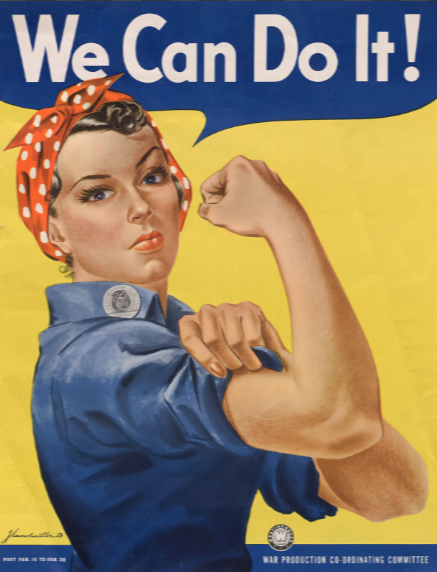
The first figure that comes to Anzmann’s mind when she thinks of women’s rights is Rosie the Riveter.
Rosie the Riveter was used during World War II to recruit female workers while men were away at war. This allowed women, and society, to realize that they can do the same jobs a man can. Anzmann believes this is where progress was set in motion for women.
“Suddenly it was like, ‘oh, we can do these jobs.’ And I think that’s where we started to see a little bit of progress,” said Anzmann.
Teachers at LHS are not the only ones in the community that wish to see more shared during Women’s History Month.
Senior Cassandra Nti reported that she rarely sees things about Women’s History Month, even during the month itself. She stated that society needs to continue celebrating because women continue to be treated the same, no matter what month it is.
Nti believes that women should at least get recognition for what they have done, but they are underestimated time and time again. She reflected on how far women have come, especially in this country, from not being able to vote to electing the first woman vice president.
“People are always going to think what they want to think,” said Nti. “But, we’re more than what we’re told we are.”


